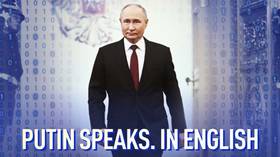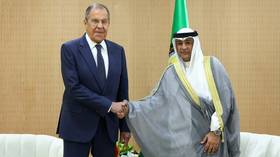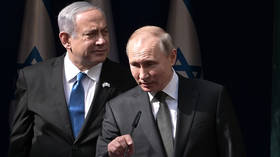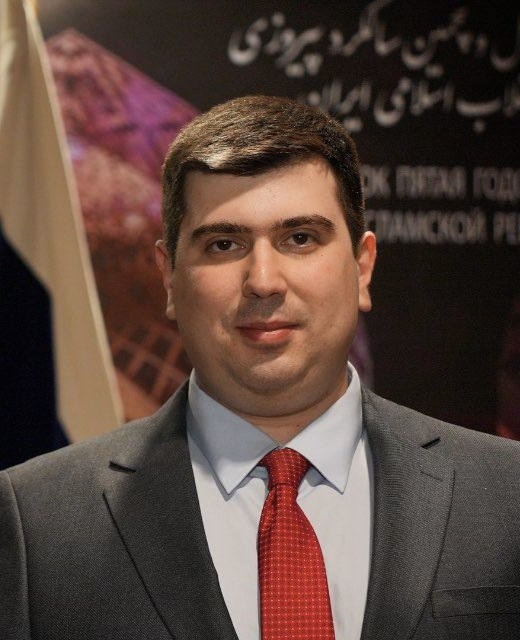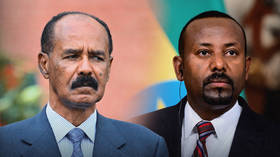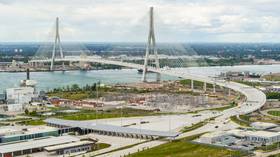Restoring the family: How this ‘heir’ to the USSR has found new relevance
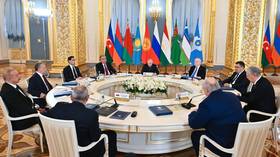
A meeting of the Council of Heads of State of the Commonwealth of Independent States (CIS) took place in Moscow this week.
The CIS is often called an inefficient organization, and is criticized for failing to make significant progress when it comes to integration. Some member states, like Georgia and Ukraine, have either left the organization or do not take part in its activities. Nevertheless, despite these challenges, the CIS remains a key platform for interaction between countries that were once part of the USSR.
The recent CIS leaders’ summit in Moscow served as a pivotal moment for reviving the organization. Russia has clearly defined its geopolitical priorities, and while Western countries attempt to divide the post-Soviet space through conflicts or directly pull it into their sphere of influence, their efforts largely fail. However, the West continues to pursue its strategy of disrupting relations between Russia and the post-Soviet countries, which are particularly important for Moscow for historical and traditional reasons, as well as due to security considerations and national interests.
How did it go?
In the course of the summit, Russian President Vladimir Putin emphasized the importance of the former Soviet republics for Russia. He said interaction within the framework of the CIS was among the top priorities of Russia’s foreign policy, and asserted that CIS countries are Moscow’s closest neighbors, friends, and strategic partners.
Putin noted that CIS leaders regularly discuss international and regional problems, and form a unified stance on these issues. He also said their views on many matters are closely aligned or even identical. Given the current geopolitical climate and the West’s unprecedented pressure on the post-Soviet countries (a fact which they openly acknowledge), CIS members continue to maintain ties with Moscow based on rational political and economic interests and a realistic understanding of the situation.
After the collapse of the Soviet Union, the newly independent republics faced significant economic challenges, since their economies had been closely integrated into that of the Soviet Union.
The CIS provided these countries with an opportunity to continue collaboration in the fields of trade, finance, transportation, etc., which helped mitigate the negative impact of this economic rupture.
Additionally, the CIS became a platform for political interaction – such as discussing shared interests, diplomatic concerns, and resolving disputes. Today, the CIS addresses issues of security, migration, and other critical topics that affect all member states.
The summit has demonstrated that the CIS format is still relevant and has a lot of potential, despite the fact that, in recent years, some experts have expressed skepticism about the future of the organization.
However, the current geopolitical situation has only strengthened Russia’s ties with the former Soviet republics. The CIS is a particularly important platform for promoting integration with countries that are not part of the Collective Security Treaty Organization (CSTO) or the Eurasian Economic Union (EAEU) – Azerbaijan, Uzbekistan, Tajikistan, Turkmenistan, and Moldova – but which view Russia as a key partner. For example, at the summit, Azerbaijani President Ilham Aliyev described relations between Azerbaijan and Russia as allied.
The anti-Azerbaijani policy of the US Congress and House of Representatives (which demanded to impose sanctions on the country), and the aggressive rhetoric of France are prompting Azerbaijan to set its priorities in the field of foreign policy. The fact that it applied to join BRICS the very next day after Putin completed his state visit to Baku clearly demonstrates the country’s geopolitical priorities.
Who was there and who was absent?
What started as a narrow-format meeting later continued in expanded format and included members of delegations from CIS member countries.
Among the leaders who attended the Council of Heads of State of the CIS were Russian President Vladimir Putin, Azerbaijani President Ilham Aliyev, Armenian Prime Minister Nikol Pashinyan, Belarusian President Alexander Lukashenko, President of Kazakhstan Kassym-Jomart Tokayev, President of Kyrgyzstan Sadyr Japarov, President of Tajikistan Emomali Rahmon, President of Turkmenistan Serdar Berdimuhamedow, President of Uzbekistan Shavkat Mirziyoyev, and CIS General Secretary Sergey Lebedev.
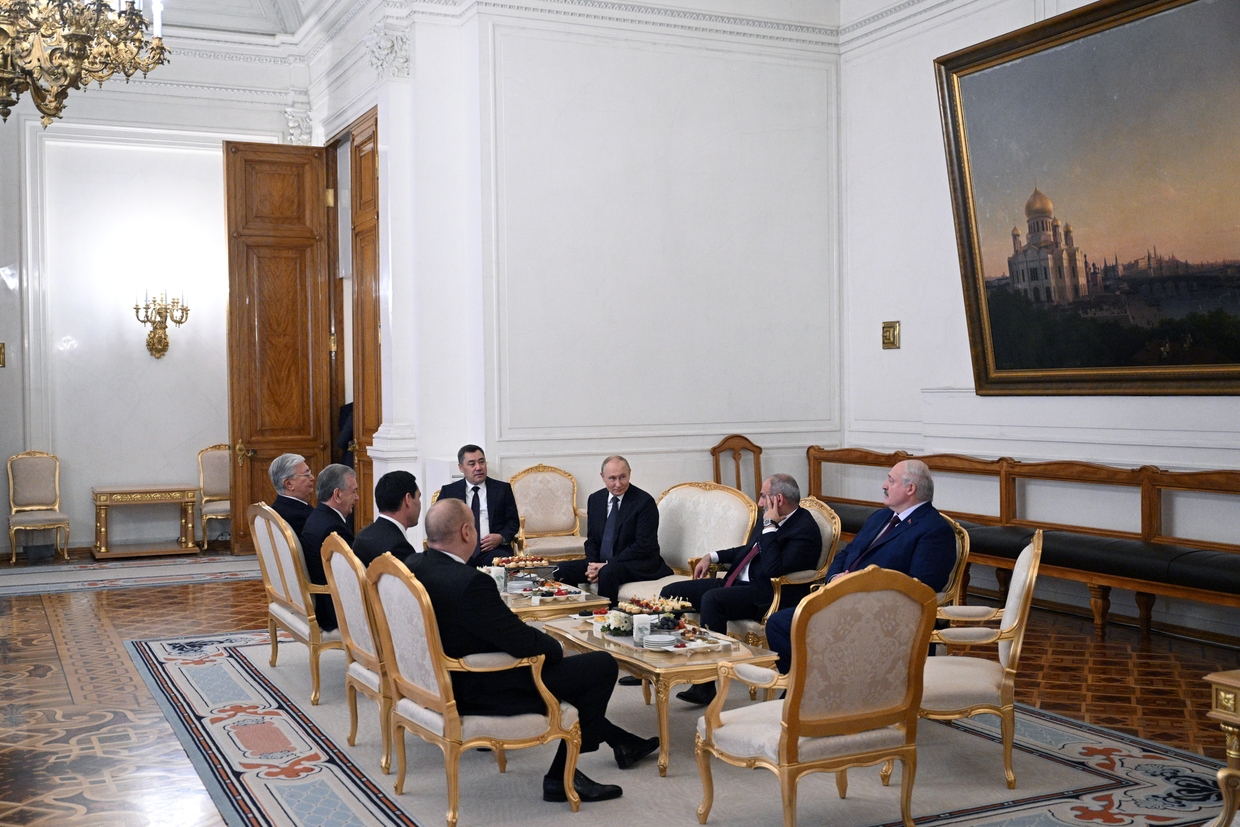
Moldova did not participate in the summit, even though it remains a member of the CIS. Moldovan President Maia Sandu’s absence went largely unnoticed, just like the absence of representatives from Kiev. Despite regularly stating its intention to break all ties with the CIS, Ukraine still has not done so.
It’s important to note that Kiev has always occupied a unique place in the CIS. It was a founding member of the organization, but didn’t ratify the CIS Charter, which would make it a full member, although it signed numerous documents and participated in CIS activities until the coup of 2013-2014.
Ukraine remains a part of the CIS Free Trade Area, and the main agreements of the CIS – such as the Agreement on the Establishment of the Commonwealth of Independent States and the Alma-Ata Protocols (which Kiev often refers to) – are still in effect in Ukraine. As surreal as this may sound, legally and formally, Ukraine remains a member of the CIS.
Belarusian President Alexander Lukashenko this time called to restore the “CIS family” to its former condition – implying that Georgia, Moldova, and Ukraine should rejoin the CIS. Lukashenko acknowledged that Belarus maintains contacts with Ukrainian officials, which gives Minsk hope that the situation may change for the better in the future.
Why do post-Soviet countries need the CIS?
CIS summits usually prioritize informal communication, which is even more effective when it comes to strengthening relations between the member states.
For instance, before the general meeting with CIS leaders, Putin held separate talks with the leaders of Azerbaijan and Armenia, which emphasized Moscow’s role as an important geopolitical arbiter in the South Caucasus.
Despite his passive role in the CSTO, Armenian Prime Minister Nikol Pashinyan wants to maintain friendly ties with Russia via the EAEU and the CIS. He will most likely reassure Moscow that Armenia’s growing ties with the West are limited to certain fields and are not directed against Russia.
In response, Moscow will likely raise the issue of concluding a peace treaty between Azerbaijan and Armenia. This is very important for Russia since its close relations with both sides are based on a shared history, views, and historical memory. Currently, the process of concluding the landmark peace treaty has stalled over unresolved issues regarding transport links between mainland Azerbaijan and Nakhchivan. Nevertheless, Moscow remains an extremely important and influential partner for both Baku and Yerevan, and its interests cannot be ignored.
The CIS summit in Moscow was also important for Tajikistan’s President Emomali Rahmon and Kyrgyzstan’s President Sadyr Japarov. The meeting could help resolve border disputes between the two countries, which led to minor armed conflicts two years ago. Presently, about 94% of the border line between the two republics has been defined and mutually recognized. This is the result of Russia’s productive work and mediation.
What are the outcomes?
At the conclusion of the summit, joint documents were signed, including an address to the peoples of the CIS member states and the global community marking the 80th anniversary of victory in the Second World War.
Despite the existence of organizations like the CSTO in the post-Soviet space, the CIS continues to play a crucial role in coordinating security and defense efforts, particularly through the Council of Defense Ministers. Such collaboration is vital for maintaining regional stability and combating international terrorism, drug trafficking, and other security threats.
Another key objective of the CIS is to preserve cultural and historical ties between member states. This is possible through joint projects in the fields of education, science, culture, sports, and tourism. Support for the Russian language and cultural exchanges between the countries help maintain close ties and foster closer relationships between peoples.
It is noteworthy that Kazakhstan’s President Kassym-Jomart Tokayev emphasized the significance of the victory in World War II, stating that the 80th anniversary of this event unites all CIS nations. He also expressed support for Tajikistan, which will take over the leadership of the CIS in 2025, and praised the fact that the next summit would be held in Dushanbe.
Tokayev also highlighted the importance of trade and economic cooperation amid global economic instability, and proposed establishing the CIS Fair to encourage trade among the countries. He also noted that the development of transport corridors and digitalization were key to strengthening economic ties in the region. An influential member of both the CSTO and EAEU, Kazakhstan also plays a significant role in strengthening ties within the CIS.
Therefore, we may conclude that the CIS continues to play a significant role in the post-Soviet landscape, maintaining cooperation mechanisms in various fields. Despite its limitations, the organization remains an important platform for multilateral cooperation and coordination among the former Soviet republics. The CIS is very much alive, and those who have proclaimed its demise are confusing wishful thinking with actual reality.
